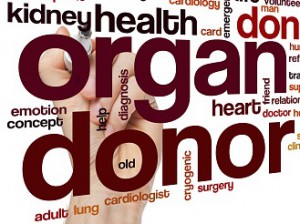Do you remember the first time your favorite athlete broke a history-making record? It was mind blowing until they were investigated for using performance enhancing drugs. As much as any athlete would want to be invincible, they would have to accept the fact that they have limitations, especially where their body is concerned. However, doping is illegal in the sporting world, and many athletes have been stripped of their titles because of it. Take the time to learn about the health associated with performance-enhancing drugs.
Performance enhancing drugs are designed to improve physical abilities. The most common PED is steroids, the short term boost that give athletes the ability to push themselves further.
Like most drugs, steroids and other forms of PEDs also have side effects. When used for a long period or in excessive amounts, PED can result in increased cholesterol levels, liver damage, mood swings, hypertension, aggressive behavior, irregular heartbeat and other heart problems. Stimulants increase overall mental alertness and competitive response but it can also lead to addiction, brain hemorrhage, and heart attack. Apart from health problems that may be fatal, PED can also result in reduced athletic ability. What it gives in short term, it will take away in the long term.
Although the use of PEDs have become increasingly common you may learn that the benefits aren’t actually worth the risk.
For more hospital events, highlights, health and fitness tips, visit us on
or
and follow us on Twitter or
All content of this newsletter is intended for general information purposes only and is not intended or implied to be a substitute for professional medical advice, diagnosis or treatment. Please consult a medical professional before adopting any of the suggestions on this page. You must never disregard professional medical advice or delay seeking medical treatment based upon any content of this newsletter. PROMPTLY CONSULT YOUR PHYSICIAN OR CALL 911 IF YOU BELIEVE YOU HAVE A MEDICAL EMERGENCY.




